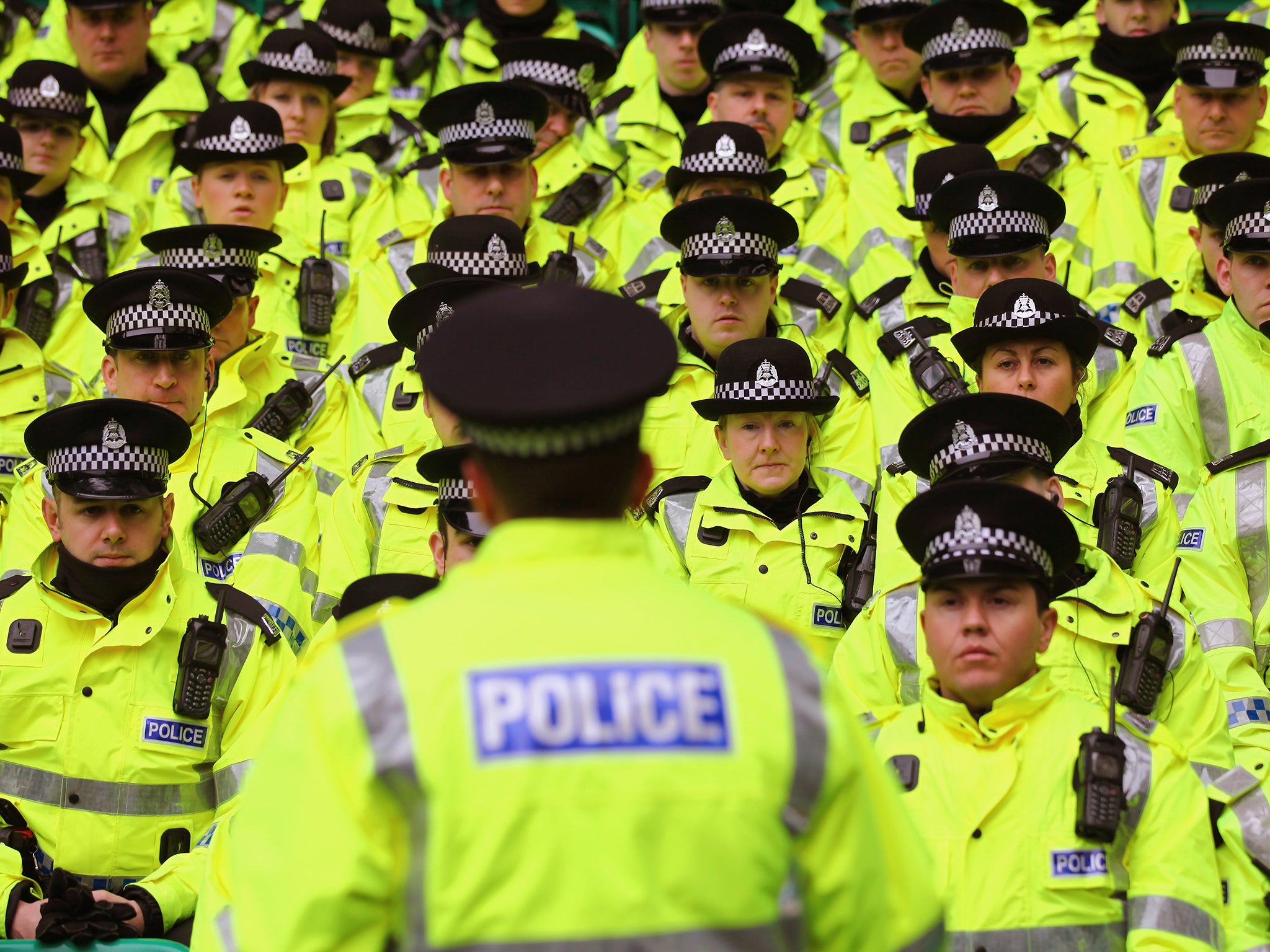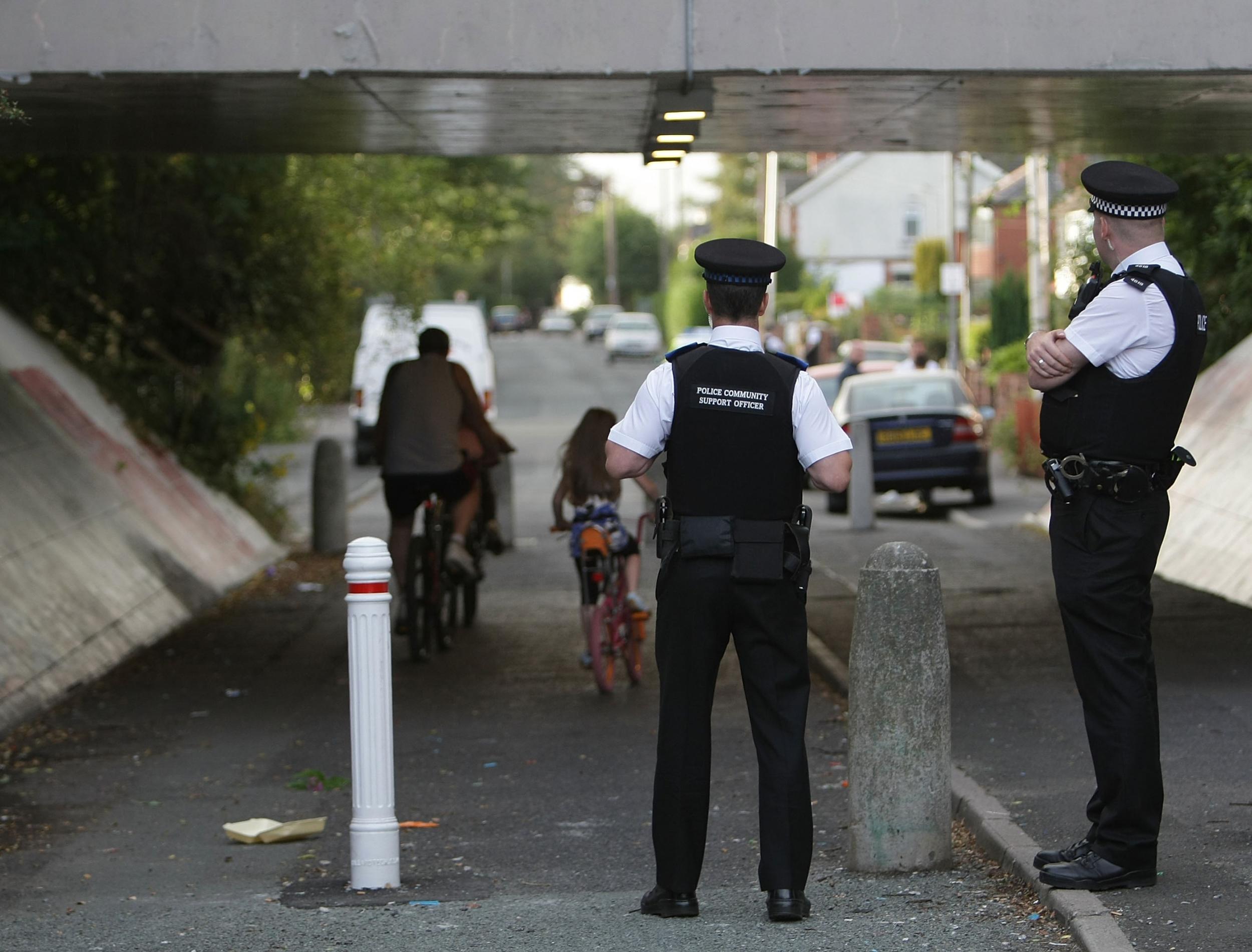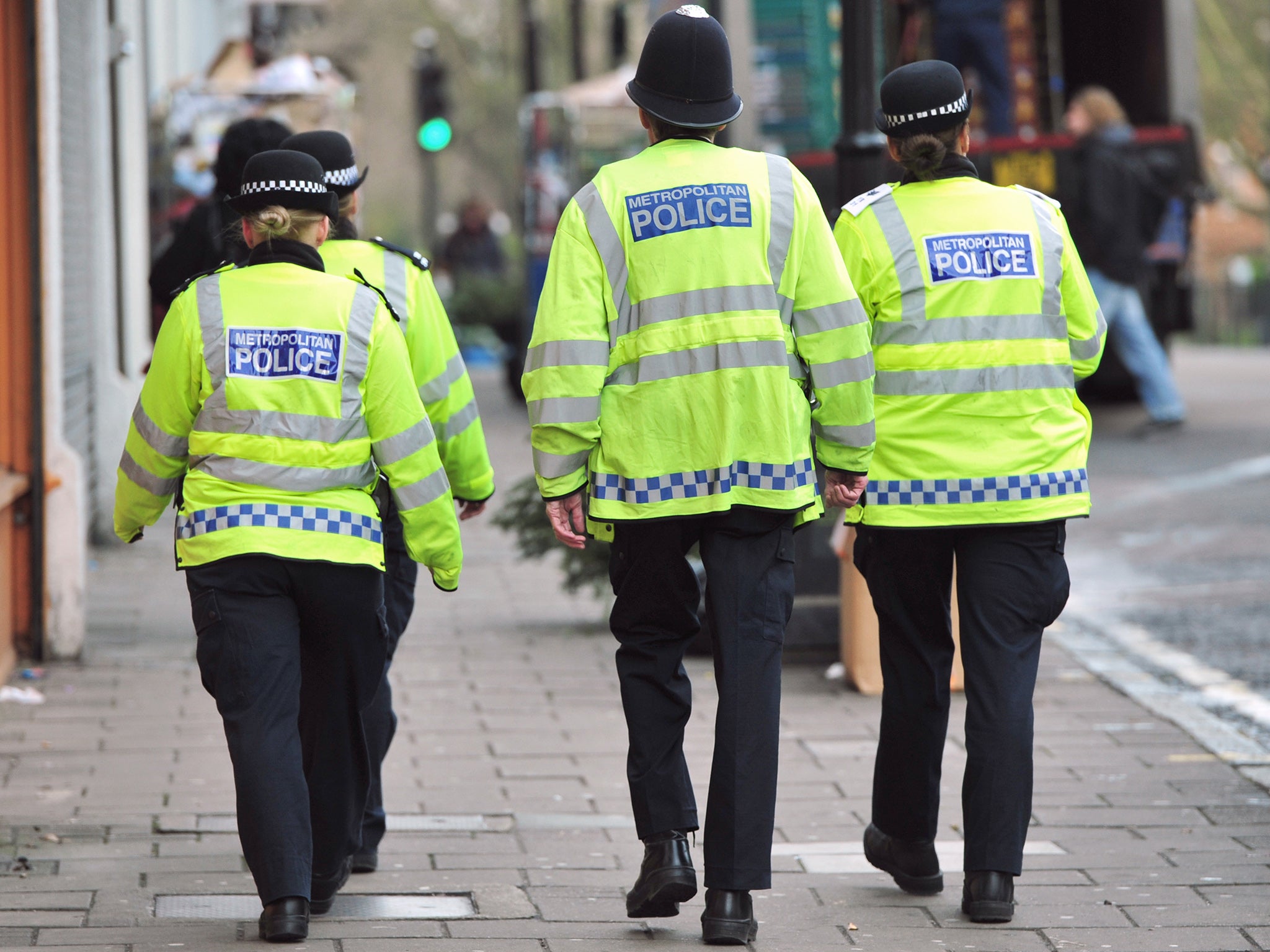Police failing to respond to 999 calls for days because of ‘overwhelming’ demand
Inspection finds vulnerable victims put at risk amid ‘significant stress’ on British policing

Police are taking days to respond to 999 calls that should take less than an hour, a watchdog has revealed while warning of “significant stress” on forces.
Vulnerable people and victims of assault and other serious crimes are among those left waiting in distress, sometimes without knowing when or if officers would arrive.
HM Inspectorate of Constabulary (HMICFRS) warned that many police forces in England and Wales had backlogs of emergencies, resulting in long delays and incidents being left unresolved.
One force had an average waiting time of 15 hours for emergency calls and the watchdog found people waiting days for a response.
“Policing is under significant stress and cracks are appearing in the system,” said HM Inspector Zoe Billingham.
“About a quarter of forces are all too often overwhelmed by the demand they face, resulting in worrying backlogs of emergency jobs.
“People are waiting a long, long time for that 999 response and our concern is where there are vulnerable victims in the queue who haven’t been identified properly, putting them at risk.”
Last year’s annual report on police effectiveness found that some forces were “artificially suppressing demand” by wrongly categorising calls to stretch resources further.

“But now we are seeing a very different problem,” Ms Billingham said. “The demand is not being suppressed any longer but in some forces it is simply being unmet.”
Police unions and campaigners have blamed much of the strain on plummeting numbers of police officers – down 21,000 since 2010 – but the watchdog said there were other issues at play.
“It’s about the choices forces make, where they choose to deploy officers and making sure they understand what their demand is and when they are busiest,” Ms Billingham told The Independent.
“We’ve set out a number of recommendations that we think will make the situation better and improve the service to the public
“Not all forces are experiencing the same problems so that gives us a degree of confidence that police do have the ability to resolve these issues.”
The Women’s Aid charity warned of the potential impact of delays on people suffering domestic abuse and sexual violence.
“This failure to respond efficiently when a survivor first reaches out for help not only compromises the chances of an effective investigation but also poses serious concern for survivors’ safety and access to justice,” said chief executive Katie Ghose.
The HMICFRS report shows that a domestic abuse crime is committed every minute in England and Wales but the arrest rate is falling.
Inspectors found that cases were being abandoned because of victims withdrawing support for prosecution – a move campaigners say is caused by poor evidence-gathering.
“Outcome 16” can be used for any crime on the grounds that victims do not support legal action, but is used in as many as 60 per cent of domestic cases by some forces.

In the year to June 2017, it was used in 13 per cent of all cases – up from 11 per cent the year before – and HMICFRS called for a review of practices to ensure police are not “using outcome 16 as an easy way to conclude enquiries”.
It also demanded urgent assessments of how the use of bail conditions has changed since the Government imposed a 28-day limit on pre-charge bail in April last year.
It caused the number of suspects “released under investigation” with no conditions or restrictions to rocket, even when they may pose a risk to victims, witnesses and the public.
In the six months after the limit came into force, the use of police bail plummeted by 65 per cent – and three quarters in domestic abuse cases.
Inspectors warned that a drop across all offences suggests “police are not protecting vulnerable victims the way that they should”.
“We are asking all forces to assess their own practices and procedures around bail now, before the problem becomes even more acute and before the risk increases,” Ms Billingham said.
“There was a change in legislation and it was lost in translation.”
The report revealed that police have yet to assess the risk posed by 3,300 registered sex offenders living in communities, possibly because “officers are busy doing other things”, and the figure has risen by almost fifth in a year.
Forces are also failing to track wanted suspects and develop intelligence to identify their whereabouts, with 60,061 “wanted records” on the police national computer including 374 relating to homicide and 1,135 to rape as of July.
HMICFRS also raised concerns about failures in evidence gathering, seeing crucial material lost and enquiries being carried out too slowly or not thoroughly enough.
But it found more than two thirds of forces in England and Wales continued to be good at keeping people safe and reducing crime, with improvements in recording and action against organised crime.
Of the 43 forces assessed in England and Wales, one was judged to be “outstanding”, 30 were “good”, and 12 “require improvement”, with nine showing improvement in the past year and six declining.
The report came after police officer numbers reached the lowest level since current records began, and recorded crime rose by 14 per cent in a year.
Senior officers have repeatedly called for the Government to provide a blanket increase in funding to respond to rising demand and the unprecedented terror threat, but were told to rely on council tax increases to generate much of a £450m boost.
Some of the cash has already been earmarked for recruiting new police officers, amid a nationwide shortage of 5,000 investigators, meaning one in five detective desks are empty or filled with unqualified staff.
Neighbourhood policing – the frontline for prevention work and counter-terror efforts – shows some signs of being “shored up” after mounting concern but there was still an 8 per cent decrease in overall funding for the area.
Sara Thornton, chair of the National Police Chiefs’ Council, said increases in demand were impacting on the ability to meet standards in important areas.
“In the last year, policing has been under real strain with rising crime and demand that is more complex, an unprecedented terror threat, and officer numbers at 1985 levels,” she added.
“The response to terror attacks had led to backlogs of incidents and a slower response to the public.”
Nick Hurd, the policing minister, urged police chiefs and elected commissioners to act on HMICFRS recommendations, adding: “It is clear the police response can be inconsistent and requires improvement.”
He said the Government had recognised the changing nature of crime and increasing demand with a new financial settlement for 2018/19, and giving police new powers including domestic violence protection orders and new offences under the Modern Slavery Act.
